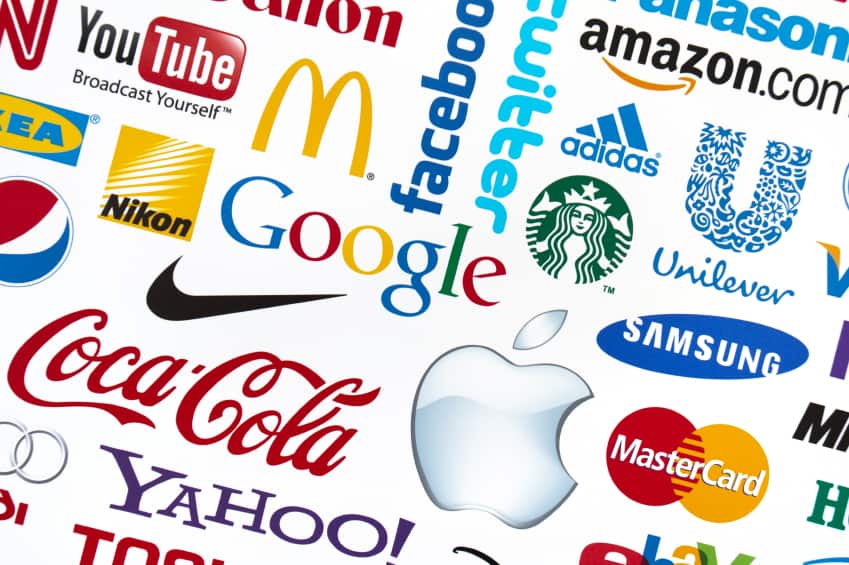Brands help customers make their purchasing decisions and give them confidence in that decision. You might not know the first thing about choosing a lawnmower, but when you see the Honda branded lawnmower you immediately associate the lawnmower with the reliability and quality of the cars they produce. Brands also increase customer satisfaction with the use of the product or service. Several years ago there was a taste test conducted on peanut butter. One brand was without question the best-tasting product in the blinded taste tests. However, when the tests were conducted without the blindfolds, the inferior-tasting, but superior brand, was selected as the best-tasting by a huge margin. Does your brand leave a bad taste in customer’s mouths? Or does your brand enhance the flavor of your product?
A strong brand makes economic sense as well. It makes it easier to market, creates loyalty with customers, and can even enable you to charge higher prices. Toyota and Lexus vehicles are made on the same production lines, using many of the same parts, yet the brand enables them to charge a premium on the Lexus vehicles. If you want to evaluate the power of brands, use your purchasing behaviour. Go grocery shopping and ask yourself why you are buying one product over another. Look at your wardrobe, in your garage, etc. We surround ourselves with brands and so do our customers. Do you have a brand that they want to buy?

